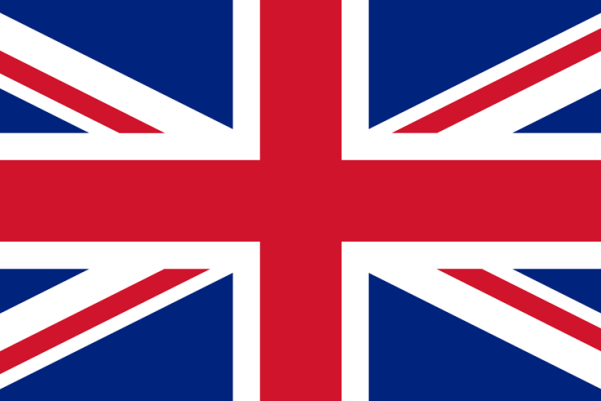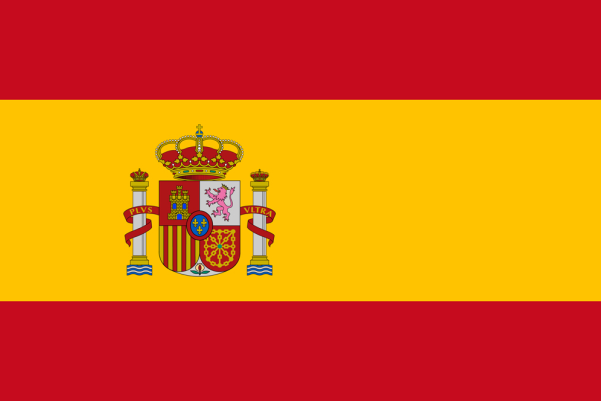It’s a subject which affects people of all ages; personal finances are an essential aspect of a balanced and healthy financial life. If you want to be successful, the good news is there’s not much to it – the most important part is to have the will and persistence to train yourself to keep up your new habits, making careful and conscientious use of money second nature. Here are the most important things to do to get started:
- USE A PERSONAL FINANCES TOOL TO HELP YOU KEEP TRACK OF THINGS
Controlling your spending and knowing exactly where your money is going is a fundamental step to keeping your personal finances in order, and one of the best tips to get you started. There is a wide range of tools available to help you with the task, the most common of which is a spending spreadsheet.
A simple Excel document is fine for helping you keep track of your income, expenses and different types of transactions. The important thing to remember with a spreadsheet is to keep it manually updated, otherwise it won’t be much use. There are plenty of free apps which are designed to help you with your monthly cost control.
- USE THE BEST PERSONAL FINANCE TIPS
The 50-15-35 rule stipulates that income ought to be divided into spending targets. You should aim to use 50% of your income on essential costs, such as rent, utility bills, school fees, health plans etc.
15% should be used for financial commitments – either for paying off debts or setting aside in a savings account, a fixed-rate income fund or any other type of investment.
The remaining 35% can be used for lifestyle choices: leisure, gym, personal care, etc.
- RENEGOTIATE YOUR DEBTS BEFORE YOU BEGIN TO SAVE
This should be your first financial priority. Before beginning to save, make sure you know about any outstanding debts, and get in touch with your creditors to renegotiate the terms of repayment. Remember; don’t agree to anything which you will not be able to manage. In the UK, there are quite a few options out there, including freezing interest. Find a well-established company, who will give you trustworthy information which you can understand and use to solve your specific problems.
- HAVE AN EMERGENCY FUND
Everyone goes through some kind of financial emergency at some point in their lives: unexpected car costs, medical care, school materials…etc. You’ll need an emergency fund to deal with these kinds of costs without breaking the bank. Set a little aside each month until you reach the equivalent of 3-6 months’ worth of your salary.
- LOSE THE CREDIT CARD
There’s no denying that credit cards can sometimes be a helping hand. However, there are those of us who are simply unable to control our spending when it comes to plastic money. The inevitable consequence is that we lose track of our expenditures and go over our spending limit. For the good of your financial health, get rid of your credit card and only make purchases when you have enough money.




